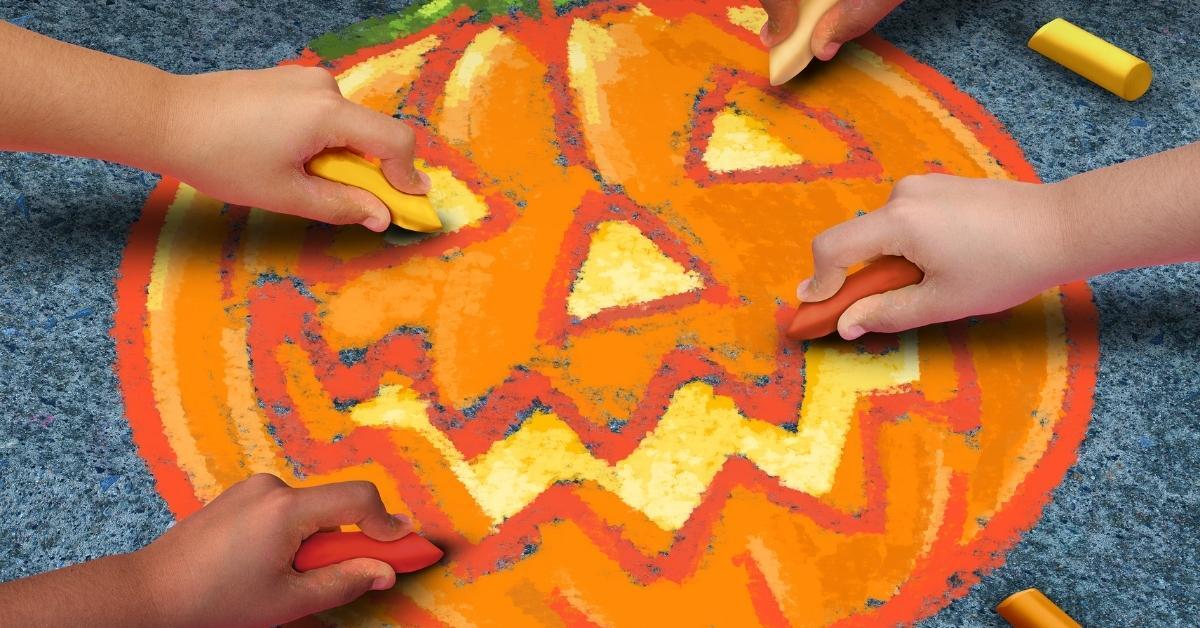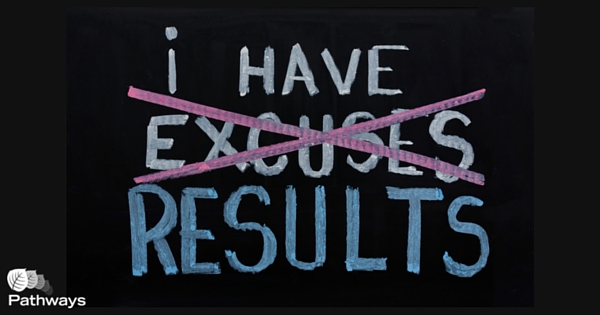Sober Halloween Activities in Utah
Many people drink on Halloween, but there are plenty of other ways to celebrate this holiday. There are plenty of eventful activities taking place here in Utah that you can enjoy, without having to feel the need for intoxication to have a good time. All of them really capture the spirit of Halloween, and you don't have to wait until 21 to do them, or give them up at any age.










